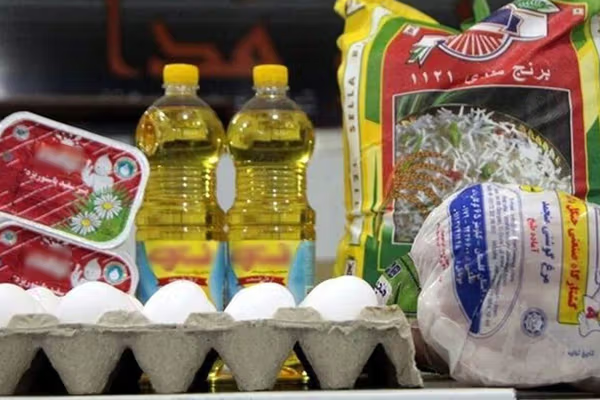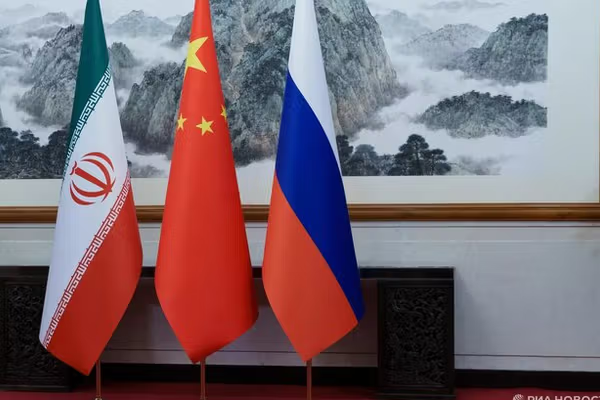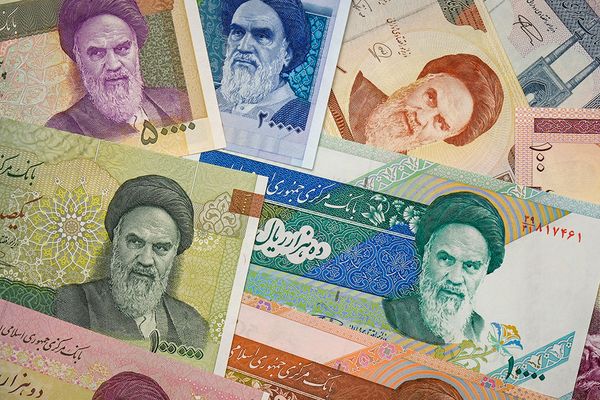
'Worse every day': Iranians detail surging food prices in wake of sanctions
People in Iran face skyrocketing prices for food and everyday goods, according to text and multimedia submissions sent to Iran International, as the return of UN sanctions slams the economy and deepens anxiety.


















